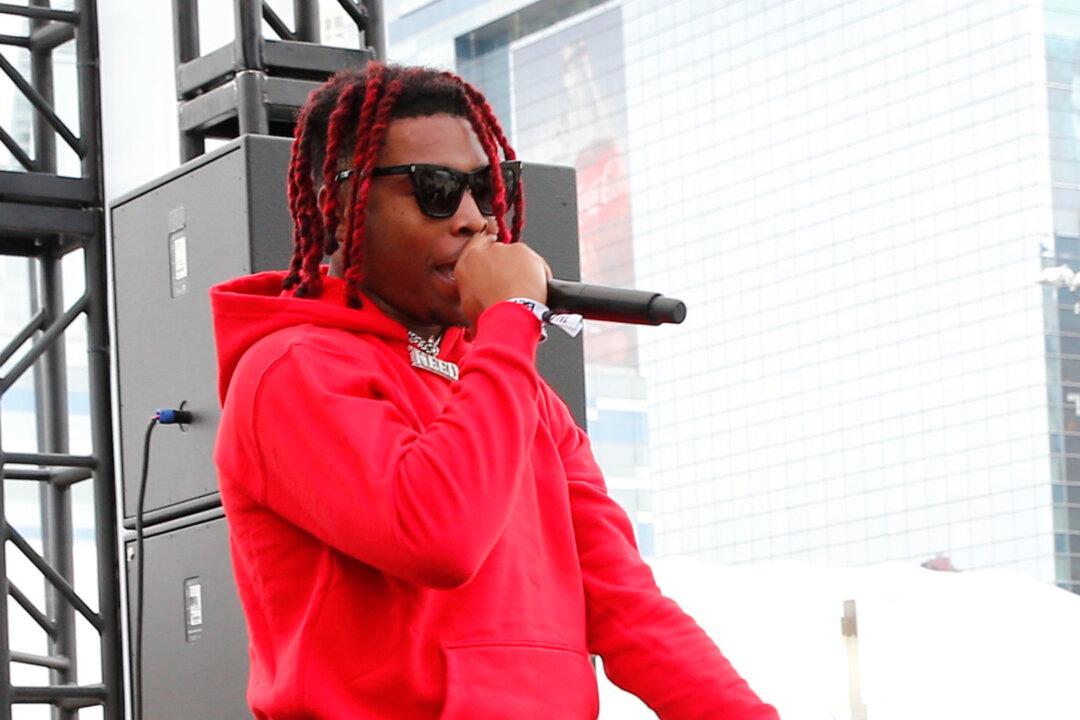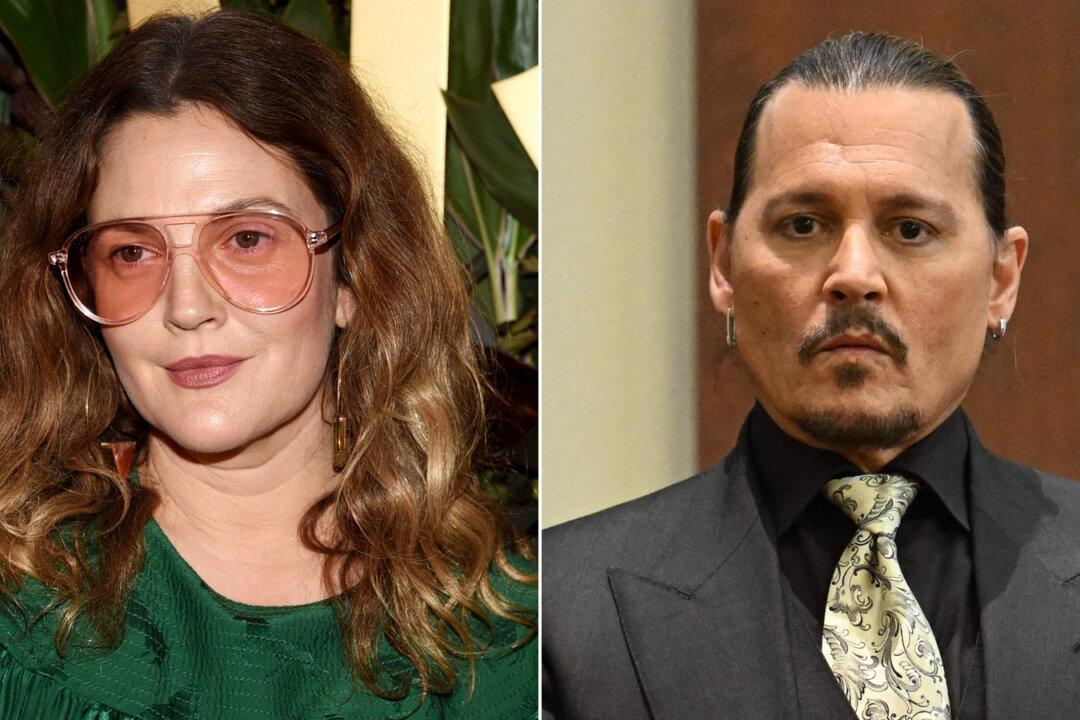It always happens the same way: Lizzie Velasquez comes across a hateful video or photo of herself late at night, and once she sees it, she is unable to go to bed.
The cruel comments make her angry. A light turns on inside of her, she says, and she'll stay up until she says something. One of the motivational speaker’s most-recent late-night pleas racked up over 2 million views and broad online support.





